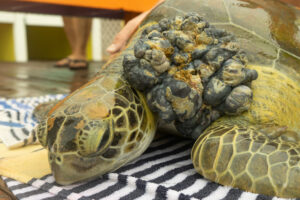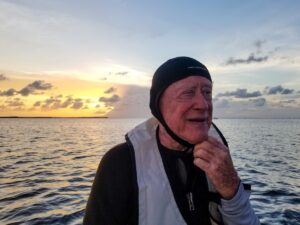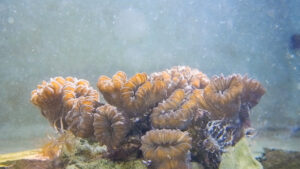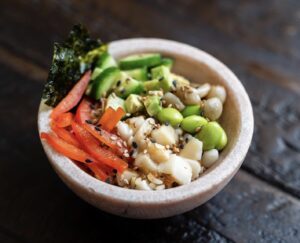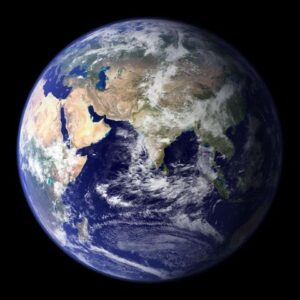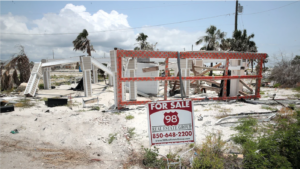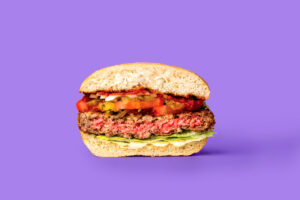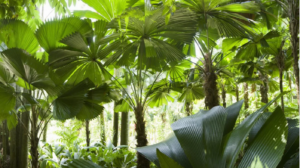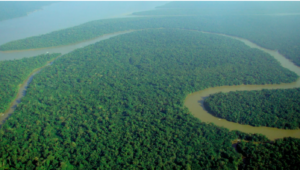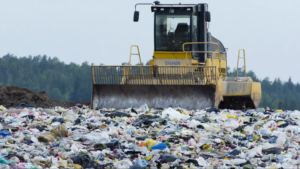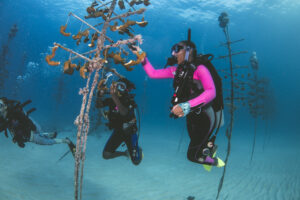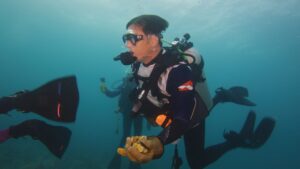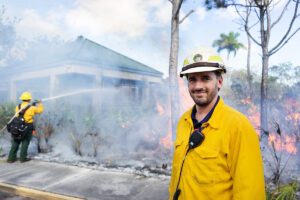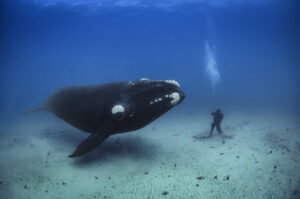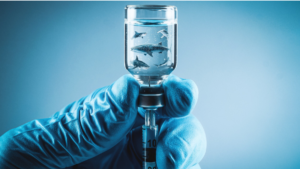Featured Works
Oceans
Tenora, a juvenile green sea turtle rescued off Molasses Reef, inspired her rescuers to strive to help more wildlife. Unfortunately, she was euthanized due to internal tumors as well, shedding light on the big problem we’ve made.
Jerry Greenberg, a 93-year-old diver and underwater photographer, went below for one last dive. I sat down with this legend among legends to learn more about his amazing life and legacy.
Stony Coral Tissue Loss Disease – a mystery killer – is ravaging coral reefs in Florida. The Florida Fish and Wildlife Conservation Commission is taking healthy corals off the reef to preserve their genetic diversity for future restoration.
How we eat — especially meat and seafood — is destroying the planet. But, with cell-based foods, it could help save it.
Featured Works
Climate
Investable Oceans | Sept 30, 2020
The oceans and the climate are inextricably connected, and to help either, we must view and innvoate with both systems together.
EcoWatch | Oct 11, 2020
We surveyed places to move to avoid the climate crisis. The results weren’t encouraging, and many instead are advocating for change where you are.
Keys Weekly | Nov 27, 2019
Impossible Burger was designed to taste great and help tackle the climate crisis.
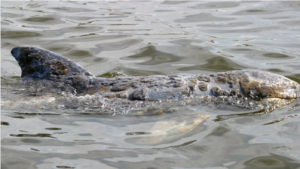
EcoWatch | Dec 24, 2020
Climate change is causing a newly discovered disease in dolphins that often leads to death.
Featured Works
Rainforest
A new study has pinpointed the year it thinks the great Amazon Rainforest will collapse. 35 million will lose their water source, species will die and go extinct, and the climate will teeter dangerously further beyond its tipping points.
The same asteroid that killed the dinosaurs also birthed the Earth’s great rainforests. Understanding why could give us a glimpse into a future ravaged by climate change.
Indigenous Tribes Are Using Drones to Keep Watch Over the Amazon. The technology allows them to keep an eye on illegal loggers, miners, and land-grabbers, and collect evidence to use against them.
New EarthX Special 'Protecting the Amazon' Suggests Ways to Save the World’s Greatest Rainforest
You can’t save the planet without saving the Amazon rainforest, and you can’t save the Amazon without saving indigenous people.
Featured Works
Sustainability
EcoWatch | Sept 20, 2020
Recycling plastic has never been economically viable. The oil and gas industry lied to the public, telling us that it could help us with our trash problem, so they could keep selling us plastic.
Scuba Diving Magazine | Feb 16, 2021
Once you dive with a purpose, it’s hard to go back. Citizen-science and volunteer diving in the Florida Keys are not only critical to ensuring the reef will endure into the future, they’re also a powerful and fun way to spend a dive.
EcoWatch | Feb 4, 2021
An unlikely partnership between the NFL, military veterans and coral scientists hopes to turn the tide for Florida’s Coral Reef. Part of the NFL’s larger Green Week initiatives.
Keys Weekly | Mar 16, 2020
Michael Gue and his team use prescribed fires to prevent catastrophic loss in the Everglades. This tool prevents wildfires from damaging critical infrastructure and burning uncontrolled.
Featured Works
Endangered Species
In a new multi-media series, National Geographic photographer Brian Skerry plunges us deep into whale culture, to see how they teach their young, love, grieve, and adapt to a changing world. His takeaway: whales are just like us.
As go our wild, open spaces, so too go the humans. Will we stop developing and wanting more in time to save America’s most endangered big cats (and ourselves)?
Our diet is one of the most profound ways we influence the planet. Even things as seemingly-harmless as avocados and almond milk are decimating bee populations.
Five developmental vaccines use shark squalene, but conservationists warn against banking on the compound because it could wipe out many shark species to get to a global vaccination level.
Featured Works
Academic
Hastings Environmental Law Journal | June 13, 2018
A deeper look shows that the true cost of cheap seafood is much higher — remaining affordable due to environmental and human rights abuses built into the supply chain.
University of Pennsylvania Law School Journal of International Law | Jan 14, 2020
This comment explores the use of the existing refugee regime to accommodate Tuvaluans and similarly placed “climate change refugees” and then suggests international human rights law as an effective catalyst to urge expansion of the refugee regime.
